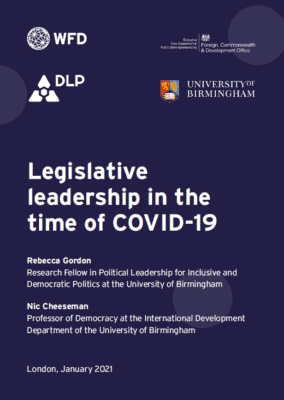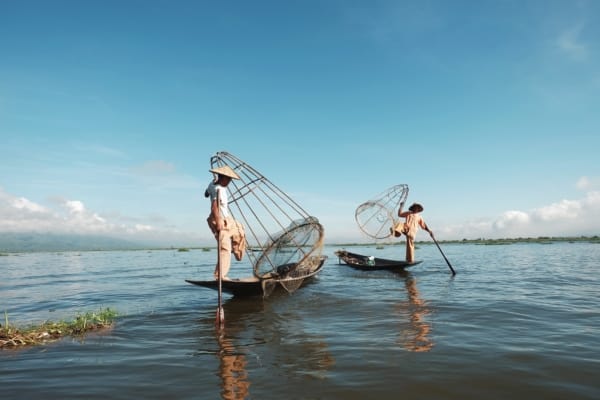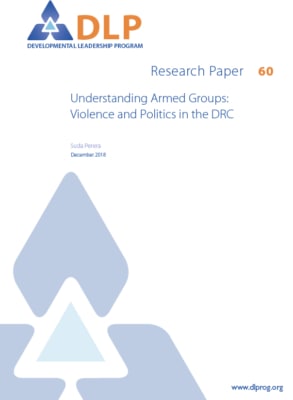This paper examines the international intervention in the Democratic Republic of the Congo, and how perceptions are getting in the way of progress towards peace.
It argues that actors need to think and work politically to address sources of distrust and make positive, long-term change happen. However, for politically informed programming to be effectively implemented, donors need to understand that external intervention (and intervenors) are part of the political economy of Congolese conflict, and that local perceptions of international intervenors (and vice versa) have themselves become barriers to peace.
The paper discusses how international interventors can overcome mistrust and respond to potential spoilers.










